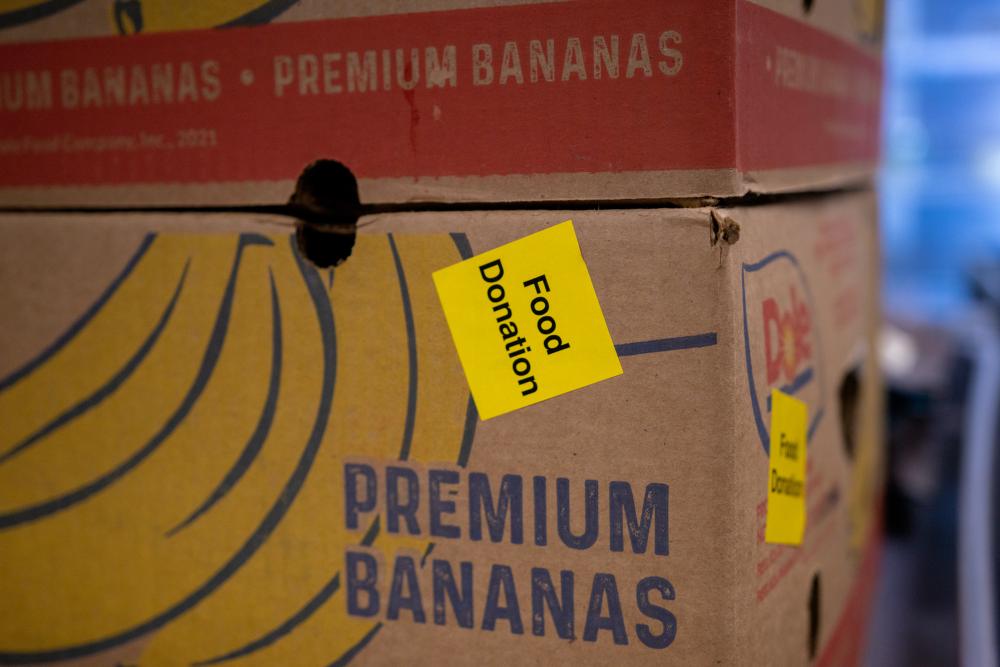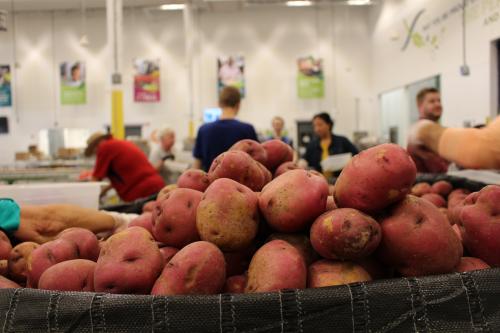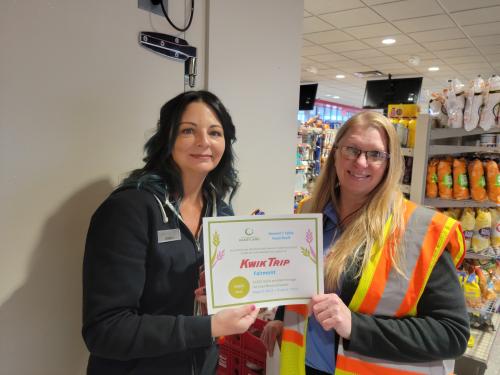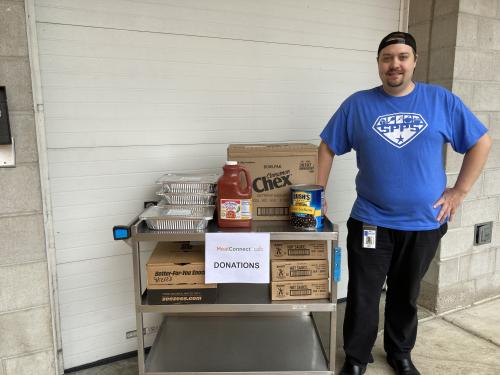
How Three Organizations are Ensuring Good Food Fills Plates, Not Landfills
October 16-20 is Supporter Appreciation Week at Second Harvest Heartland, and we want to express our gratitude to our generous food industry partners. Thanks to food donations, we delivered more than 113 million meals to food shelves and program partners across our region last year. Here are a few of the food donation partners we’re honoring this month:

Many of the potatoes that are packed and sorted in our Volunteer Center are provided by Bushmans’
Bushmans' Inc. Potato Growers
One of our grower partners, Bushmans’, donates potatoes from their farm in Rosholt, Wisconsin. Bushmans’ regularly supplies potatoes for both Second Harvest Heartland and the Midwest Food Hub, a regional food bank cooperative. Often, Bushmans’ has so much excess crop to donate that they send additional potatoes to other Feeding America food banks around the country. Through these avenues, they have donated over 5 million pounds of potatoes to the Feeding America network! “Late winter, early spring last year they were really clutch for us during a time of year where there are slim pickings—they just consistently have potatoes,” says Midwest Food Hub Specialist Emily Tucker. “In July, we got 10 truckloads of potatoes, around 400,000 lbs. It’s nice to know that they always have something available for us.”

The Kwik Trip in Fairmont donated over 14,000 meals to a local food shelf
Kwik Trip
Kwik Trip is a retail food rescue partner with 187 convenience store locations participating in food donation throughout our service area in Minnesota and Wisconsin. “The newest generation of Kwik Trip stores are really like a small grocer,” explains Food Rescue Programs Manager Jean Jagodzinski. “Donations may include frozen meat, dairy, prepared foods, fresh produce and dry goods.” Throughout the past year, Kwik Trip has provided over 800,000 meals to food shelves and meal programs and are perfect partners for smaller agencies with volunteers who can make the food collections in a car. “[Kwik Trips] are often located in small communities without a full-size grocery store,” says Jean. “For rural organizations, it may be the only opportunity available for access to retail food rescue donations.”

A St. Paul Public Schools employee poses with a cart of food donations
Saint Paul Public Schools
Saint Paul Public Schools (SPPS) donates leftover prepared food from breakfast and lunch service in their cafeterias, as well as excess ingredient items that they can no longer use through MealConnect, an online platform that connects those with excess food with local food shelves and meal programs. SPPS donated almost 11,000 pounds of food last school year, and they've donated more than 84,000 pounds of food since the partnership began in 2019. “I think it important for more organizations to embrace food recovery,” says SPPS Director of Nutrition Services Stacy Koppen. “I've heard from others that they don't think their donation would matter...because the donations are too small or infrequent. The truth is that when we all work together, our collective efforts contribute to a much bigger picture, and positive outcomes for our community.”
